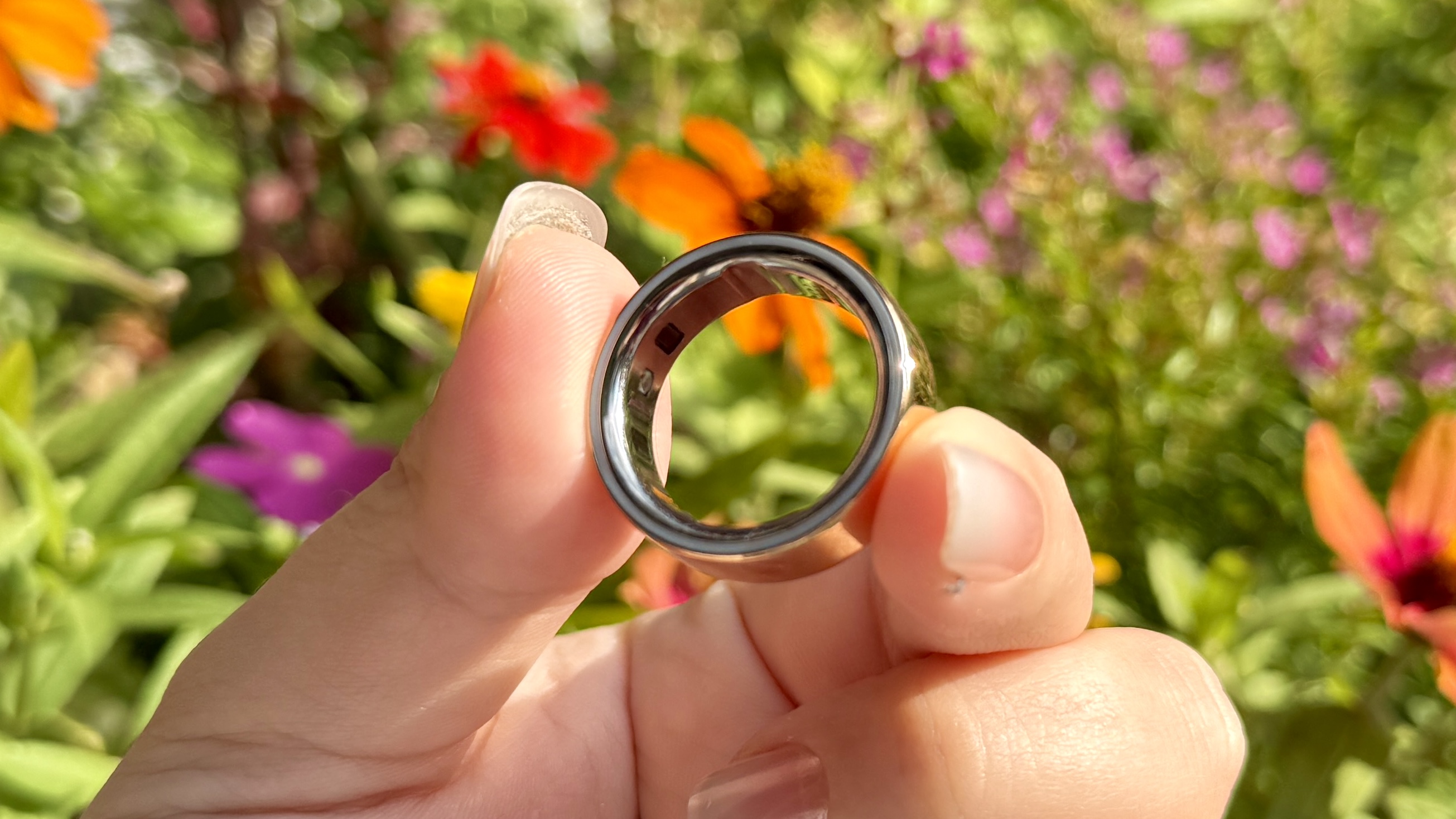9 things you should never flush down the toilet
We’ve found 9 things to keep out of the toilet at all costs
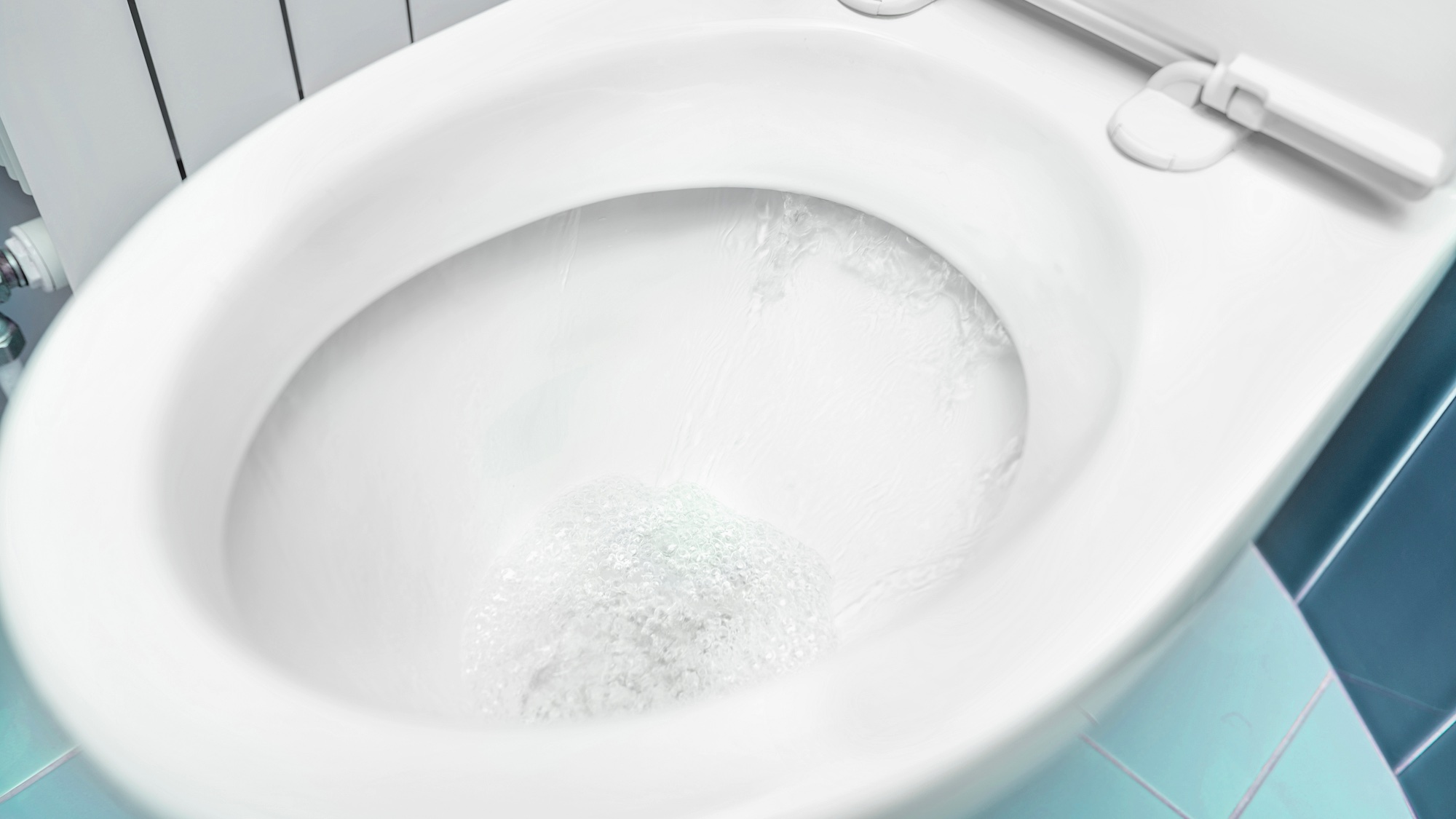
Most people are aware that certain things should not be put down the drain in the kitchen sink. But it’s easy to assume that putting the odd thing down the toilet is a safe bet thanks to its beefed up pipework that’s capable of handling, well, poops.
But the only things that should go down your toilet are pee, poop, and toilet paper - otherwise known as the three P’s. Start using your toilet as a means of disposing of any other garbage and you risk clogged pipes and blockages that could lead to potentially costly visits from a plumber.
Another reason to avoid throwing trash into the toilet is that some of it can end up in waterways and the ocean. You could potentially be polluting natural habitats with harmful plastics and chemicals. So make yourself aware of what you shouldn’t flush down your toilet by reading our top no-no’s.
For more help, read these 7 things you should never put down the drain and here’s how to unclog a blocked toilet.
1. Feminine hygiene products
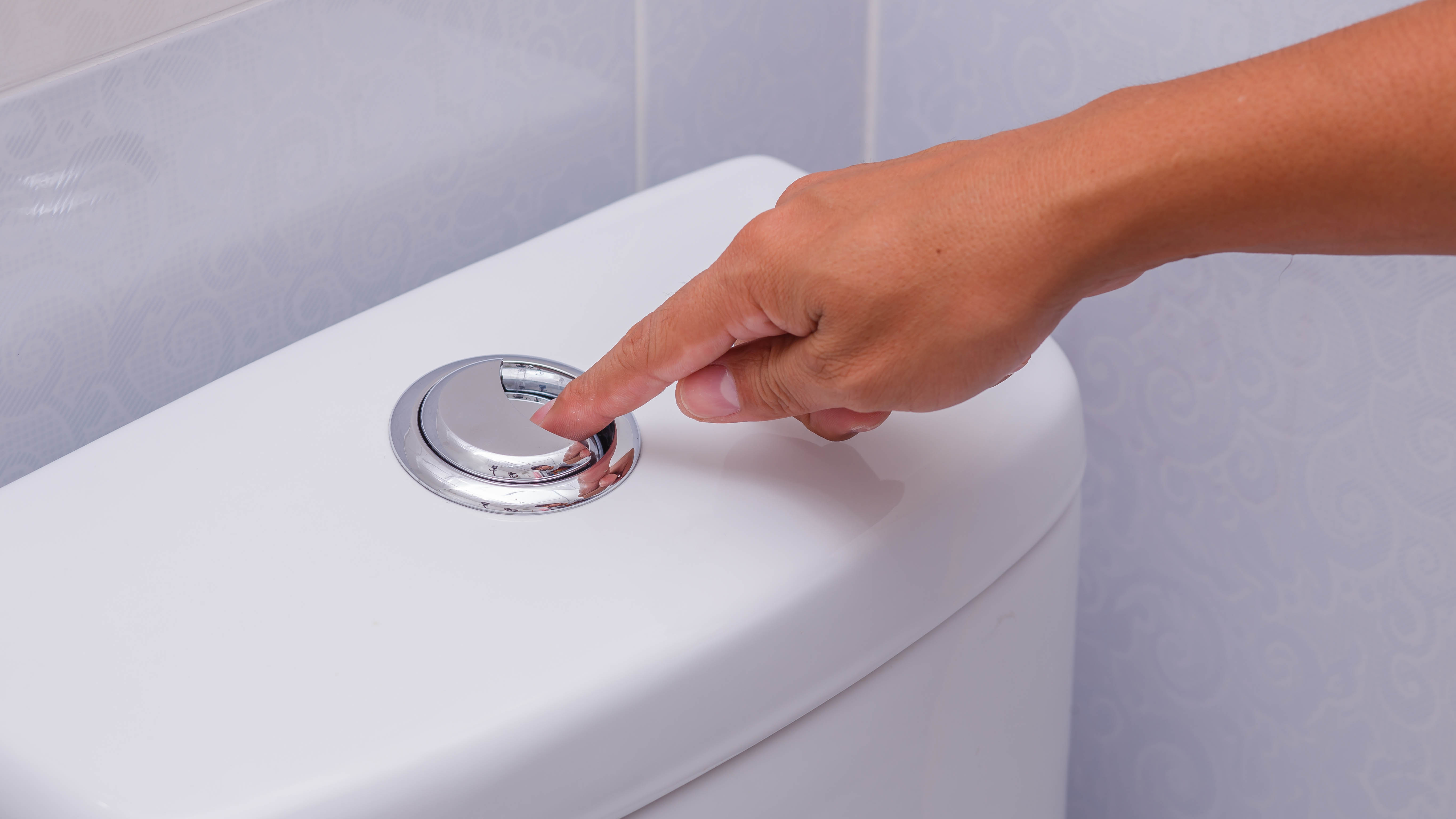
Despite widespread information that sanitary napkins and tampons should not be flushed down the toilet, it’s still a common problem. These products are specifically designed to absorb liquid, which causes them to expand without falling apart. So it’s no surprise they can clog pipework, and create blockages in toilets and drains.
If they make it through your pipework, most will be removed by wastewater management plants - provided that’s where your sewage goes. But failures in the sewage system means it’s not uncommon for some of these items to make their way through the treatment process and end up polluting water systems, like rivers. So whichever way you look at it, it’s best to throw them into the trash.
We’d advise keeping a small trash bin in your guest powder room, to deter guests from putting these or any other items down your toilet.
Sign up to get the BEST of Tom's Guide direct to your inbox.
Get instant access to breaking news, the hottest reviews, great deals and helpful tips.
2. Baby wipes or make-up remover towelettes
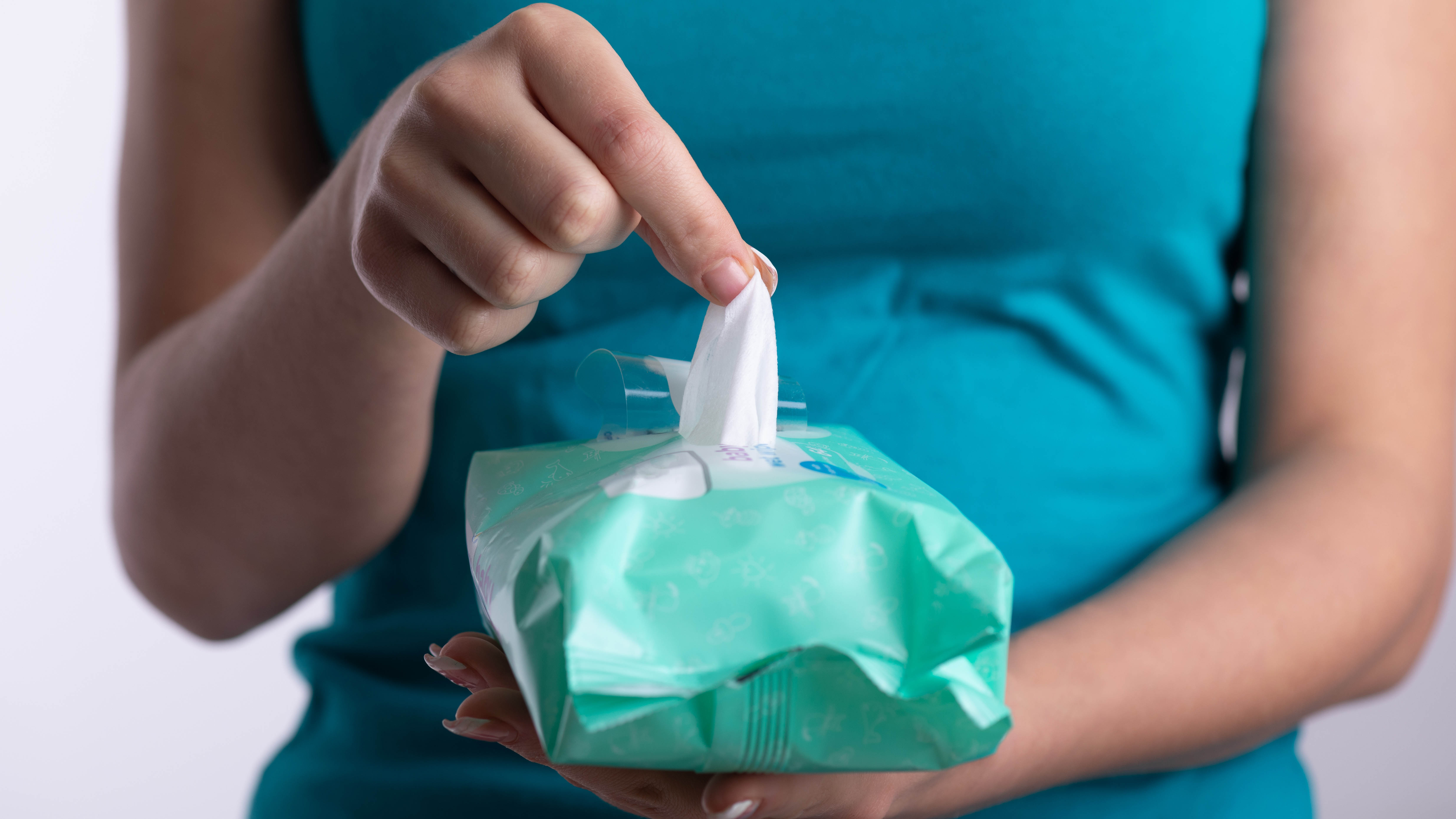
Most baby wipes and makeup remover towelettes are not biodegradable. They contain plastic and are a common culprit for clogging pipes. Crucially, this includes the ones that say ‘flushable’ on the packet. Even if the manufacturer deems them to be suitable for flushing down your toilet, they can still cause blockages.
We would also include cotton balls, cotton rounds and Q-tips or cotton swabs here. Both cotton balls and cotton rounds soak up water, and could become lodged in pipework, so they are best thrown in the trash. And cotton swabs might seem small and harmless, especially the biodegradable ones, but these little sticks can combine with the fat and hair and everything else lining your pipes, to create a bigger problem over time.
3. Kitchen towels, facial tissues and excessive amounts of toilet paper
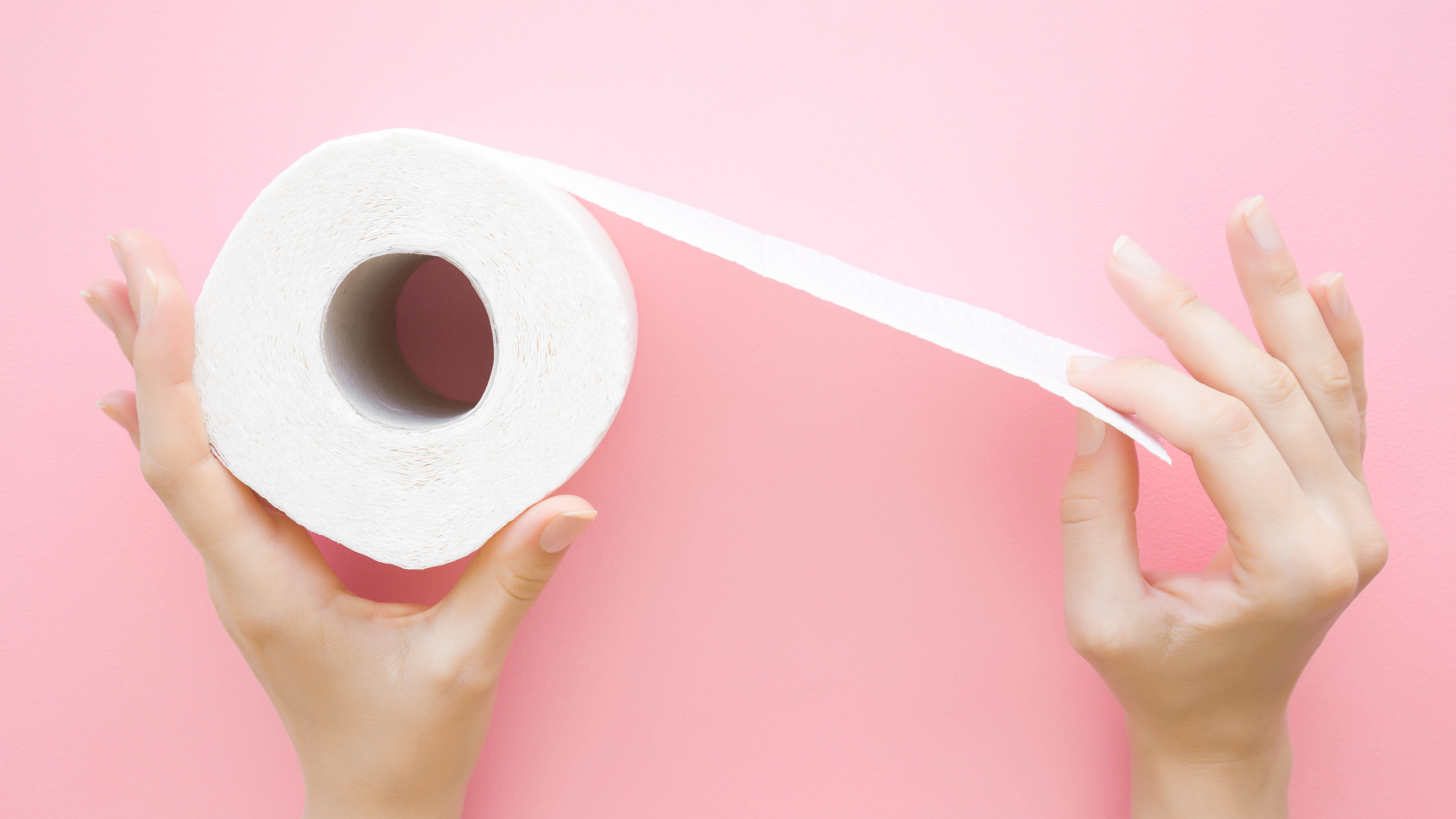
While your everyday roll of kitchen towel might appear to be similar to regular toilet paper, those large sheets are not only thicker, but they’re stronger too. Kitchen towels are designed to be tough, absorbent, and not tear apart too easily. All this means kitchen towels can play havoc with your plumbing if you flush them down the toilet frequently.
Similarly facial tissues like those that come in a box and are softer on your nose when you have a cold or allergies. These are different to regular toilet paper and its best practice to throw them in the trash, especially if your pipes are prone to blockages.
Even excessive amounts of toilet paper can cause a blockage if you try to flush it all in one go. So if needs be, flush in stages to avoid having to reach for a plunger.
4. Diapers
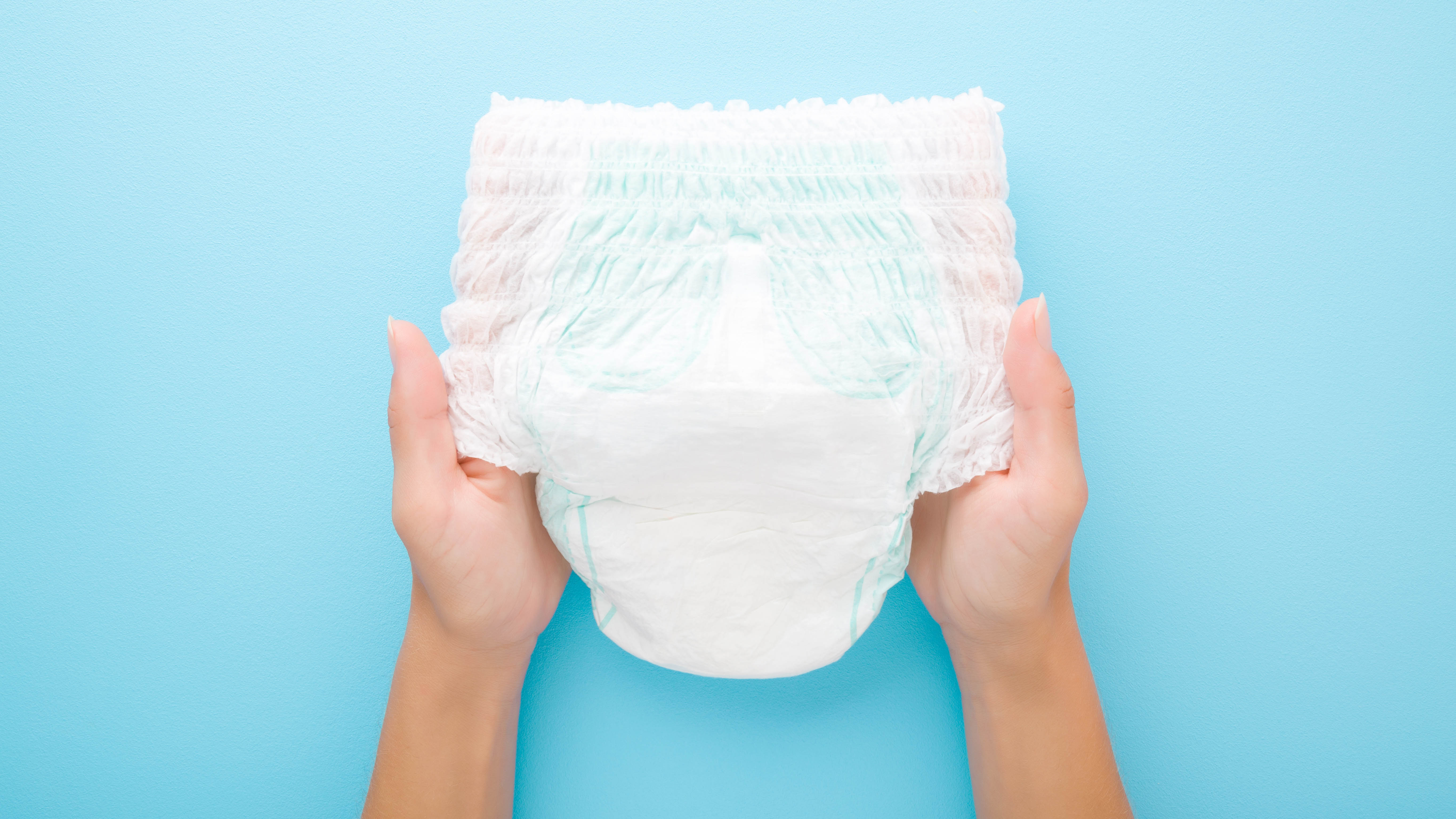
It should go without saying baby diapers are completely unsuitable for flushing down the toilet. But, for some reason, there are still people doing it. Like feminine hygiene products, diapers are designed to be super absorbent. But the difference is, diapers are big and bulky and highly likely to block your pipes. Baby diapers should be disposed of in the trash and nowhere else!
Likewise, bladder control and incontinence underwear should never be flushed. Putting these products down your toilet is a sure-fire route to an expensive plumbing bill.
5. Cooking oils, fat and grease
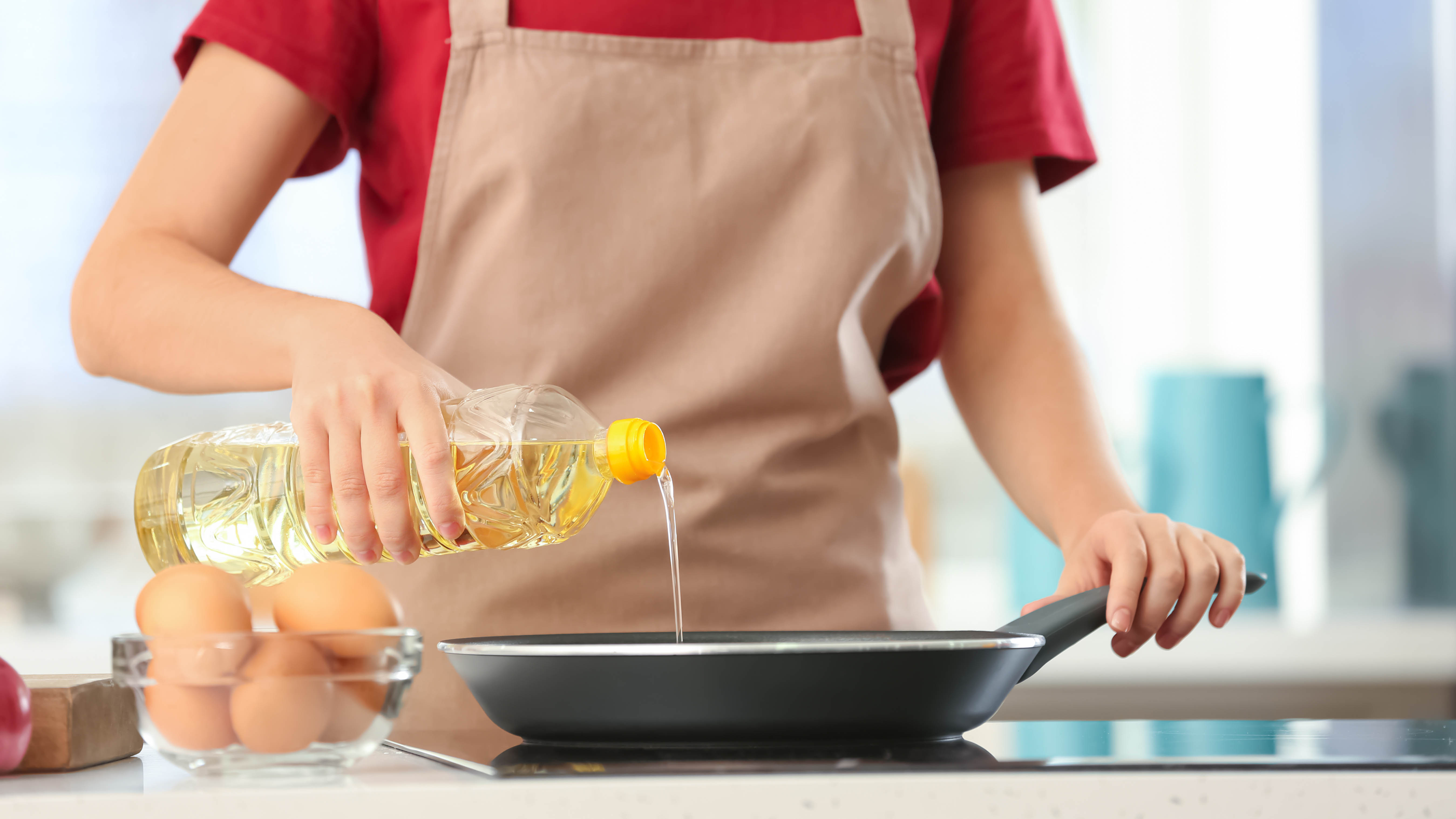
Most of us know that cooking oils and fat can block the drains if we put them down the kitchen sink. But often people assume that the toilet is the best alternative, since it has wider pipes. Sadly, this is not the case, fat and oil can still solidify and cling to the inside of the pipes. Over time, this is likely to build up and form a blockage. Especially if you’re putting other things from this list down your toilet as well.
The best way to dispose of fat and oil is to wait for it to solidify and throw it into the trash. For oils that don’t solidify, small amounts can be poured onto used paper towels and put in the trash. Larger amounts will need to be disposed of in a sealed container.
You can read more about how to dispose of cooking oil here.
6. Condoms
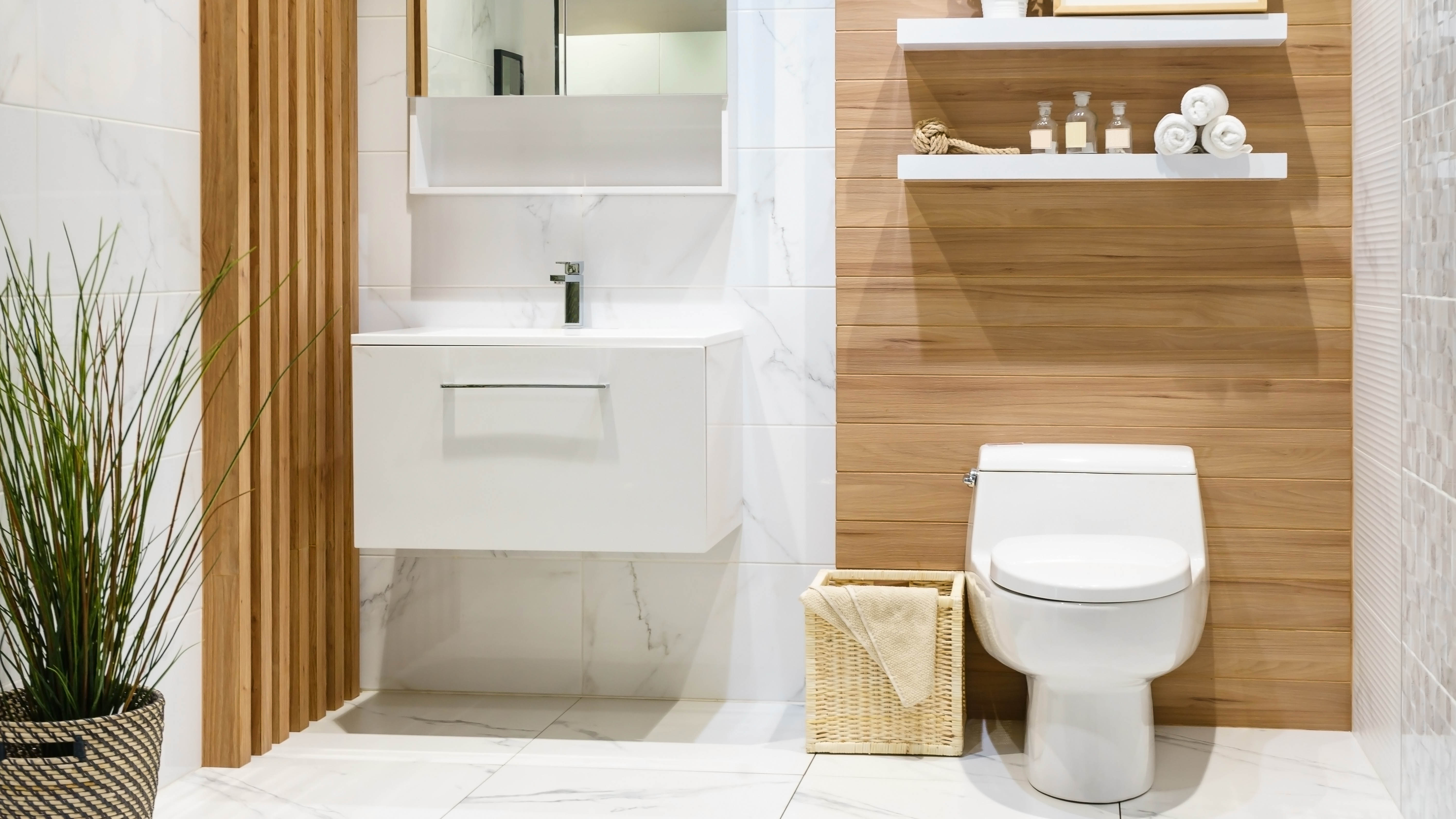
This is another one that really should go without saying. You should never flush condoms down the toilet. Most will not degrade, they might end up sticking to a bunch of other things and becoming part of a blockage.
Or they will go to wherever your sewage goes, which depending on where you live and what type of sewage systems are in place, could mean they end up polluting the ground or water systems - an unpleasant thought.
7. Leftover paint or chemicals
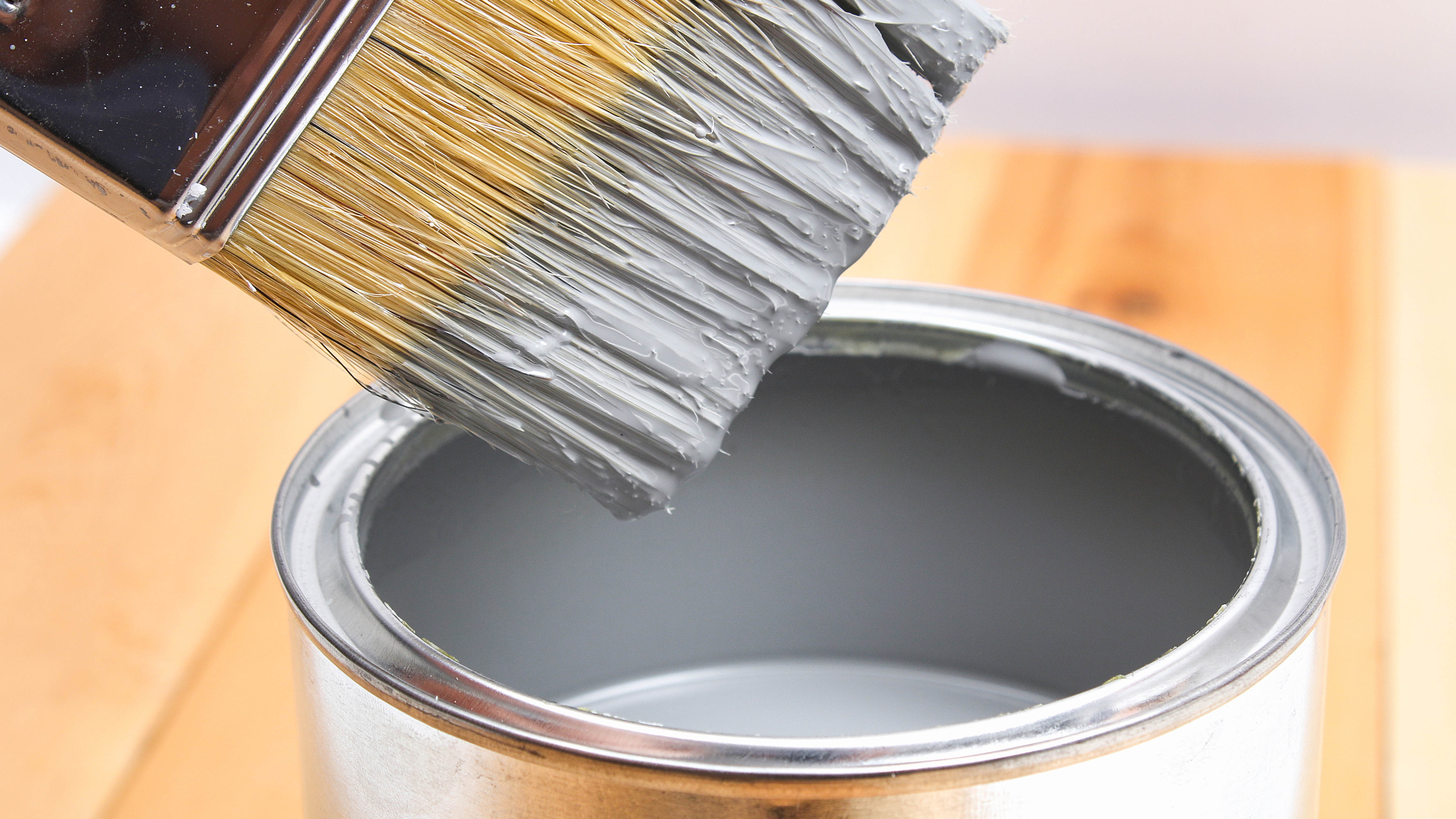
We cannot emphasize enough that pouring liquids like paint, paint stripper, or chemicals down the toilet as a way to dispose of them is a really bad idea. They might be liquid, but these products contain potentially harmful and hazardous substances that can cause untold damage to aquatic life and ecosystems if they end up making their way into lakes, rivers and the ocean.
Water treatment plants are not designed to effectively remove these toxic substances and it’s highly likely that traces will end up getting through and polluting habitats. Paint and chemicals should be disposed of carefully and considerately. Check the label for advice on how best to dispose of the product.
8. Dental floss and hair
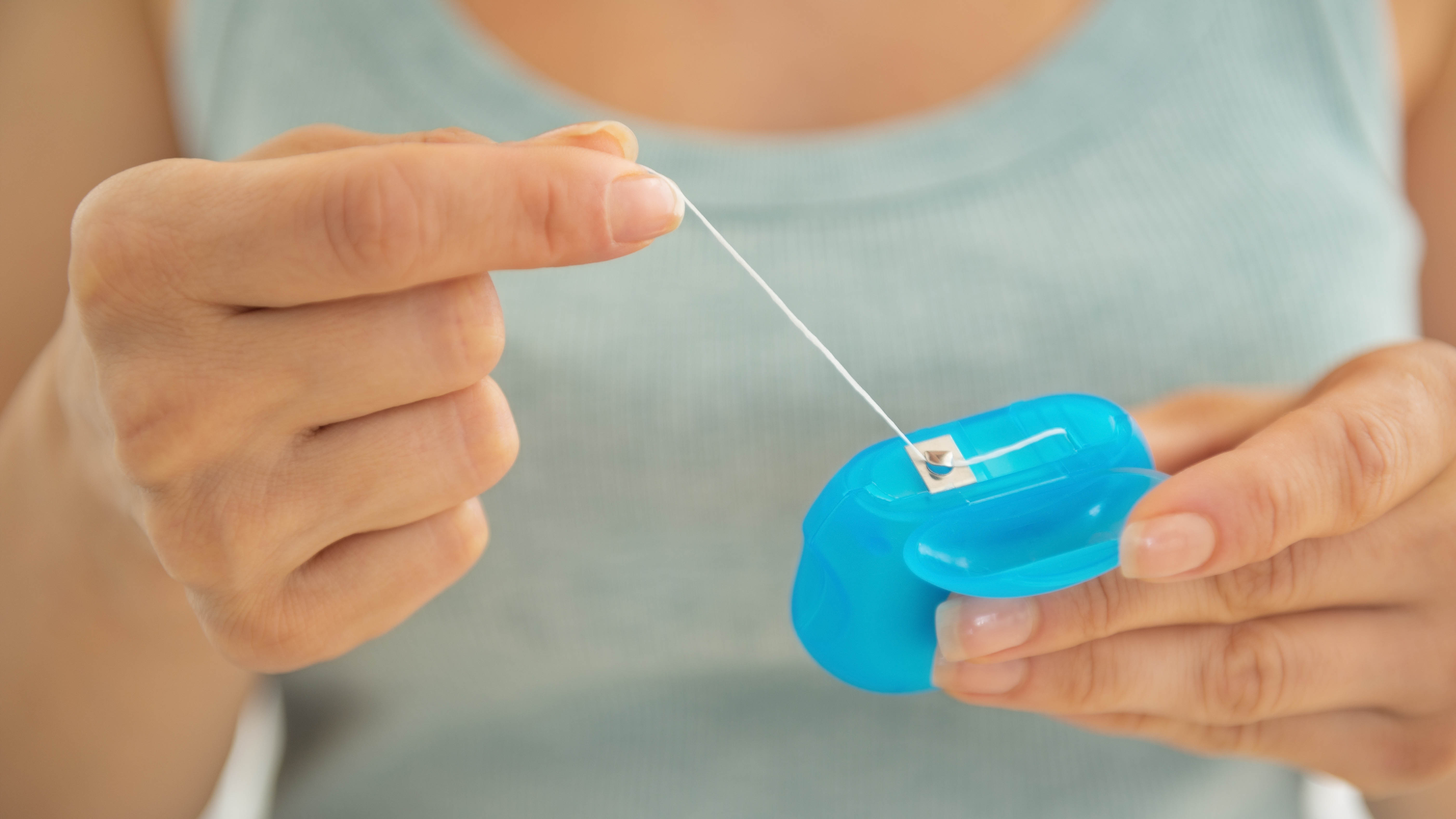
Long strings of dental floss can make blockages worse by binding together all the garbage in the pipe. And we all know that hair can easily block your shower drain, which is reason enough to avoid putting it down other drains.
Dental floss is usually made of plastic so it won’t break down. If it doesn't block your pipes, it still has to be fished out at some point in the sewage treatment process, so do everyone a favor and throw it in the trash.
9. Medications
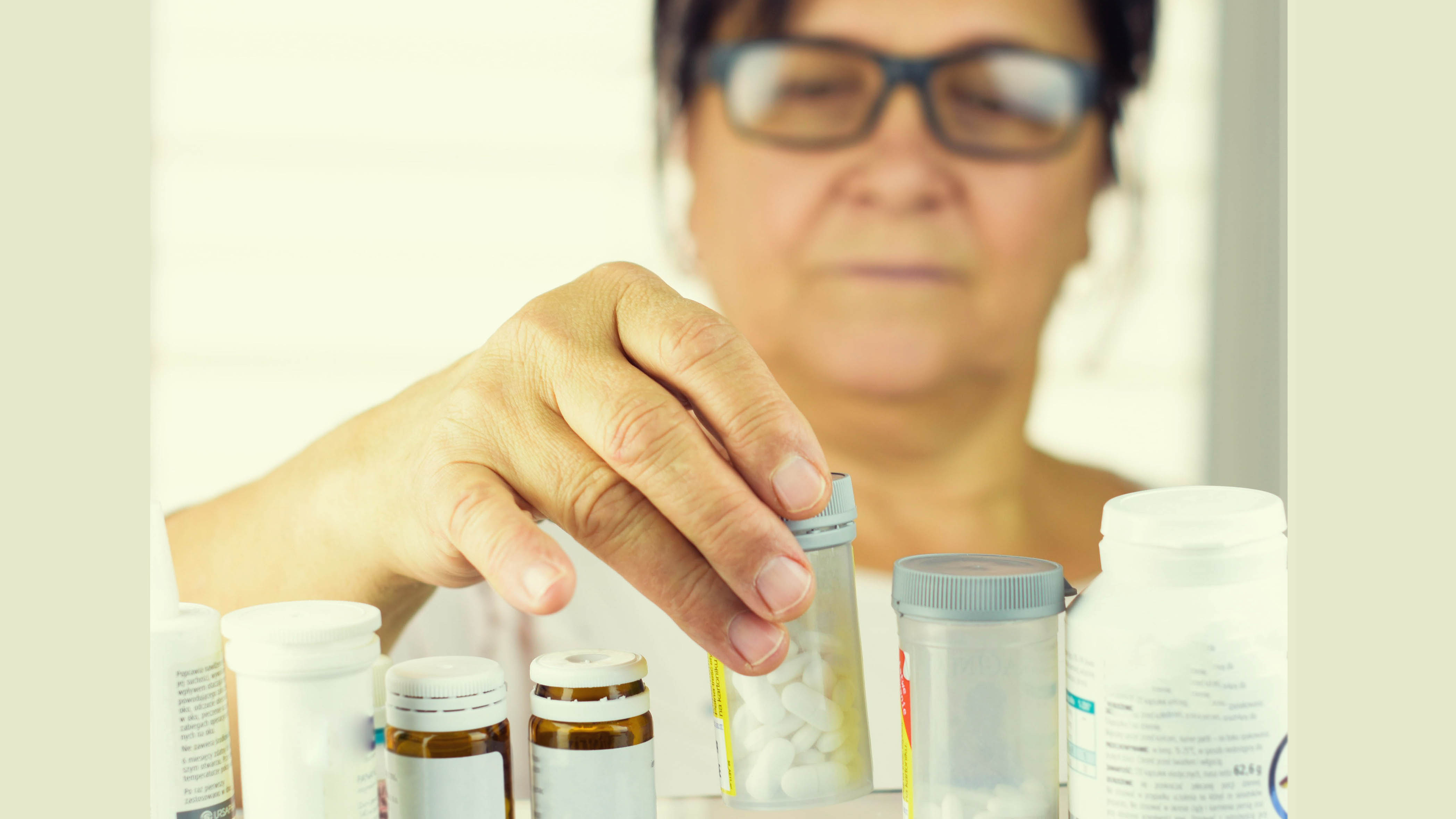
Unwanted or expired medications should always be disposed of carefully. It’s not advisable to put tablets and/or liquid medications into the toilet. However, there are some very specific medications that come with an instruction to flush them if no longer needed, so these and only these should be put down the toilet.
Virtually all medications are potentially toxic and harmful if not disposed of correctly. The US Food and Drug Administration advises using drug take back programs or speaking to your local pharmacist.
On the topic of products related to illness, it’s also worth pointing out that bandages, and dressings from wounds, should be put in the trash not down your toilet.
More from Tom's Guide
Helen started reviewing home and kitchen appliances in 2007 at the Good Housekeeping Institute and has never looked back. She’s now freelance and reviews all sorts of appliances from her home in a pretty village in the UK. Despite having reviewed hundreds of coffee machines in her time, she’s only recently developed a love for coffee and a daily coffee habit, which makes tasting all those coffees much more enjoyable!

